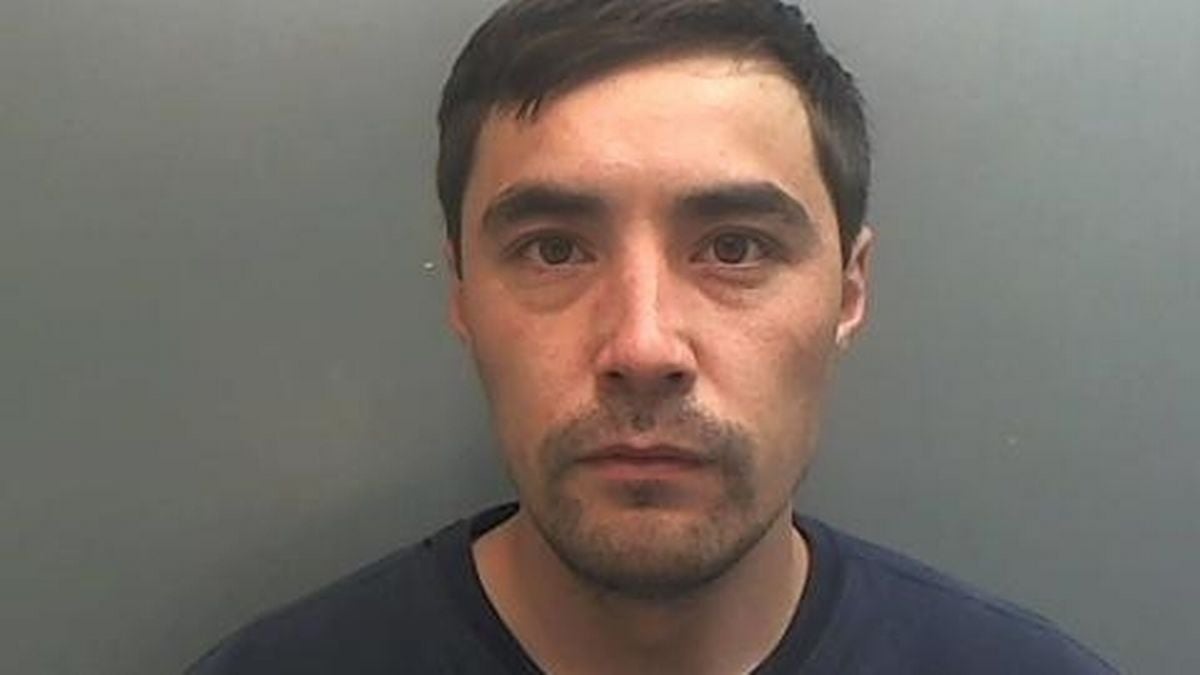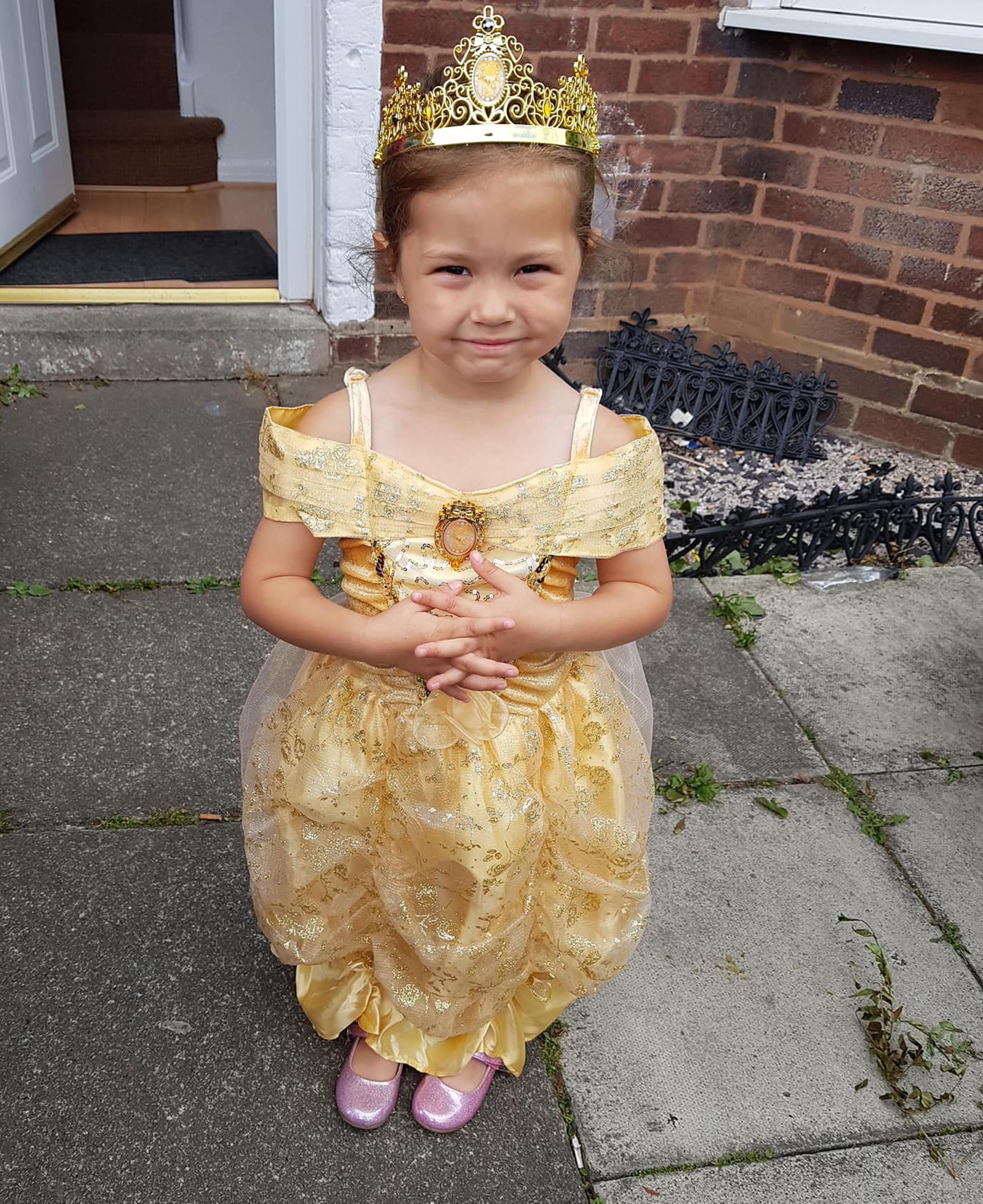Liverpool shooting: Figures show dozens of released prisoners murdered in a year
Most UK shootings a result of ‘feuds between criminal groups’, National Crime Agency says
The man believed to be the intended target of a shooting that killed nine-year-old Olivia Pratt-Korbel is a released prisoner with a history of offending linked to serious and organised crime.
Former drug dealer and burglar Joseph Nee, 35, had fled into her family home while being chased by a masked gunman in Liverpool on Monday night.
He was shot during the attack but survived his injuries and was arrested in hospital on Wednesday for breaching his licence conditions.
Detective Chief Superintendent Mark Kameen said he would be recalled to prison for “poor behaviour” but gave no further details, as police continued to hunt for the gunman and another man who was with Nee when the chase began.
A second man, also believed to be a target, escaped the attack and has not been found. Officers are still searching for him in connection with their investigation into the killing, a Merseyside Police spokesperson said.
In 2020-21, 42 offenders were killed while under probation supervision in England and Wales, and the total stands at 305 for the past decade.
A Ministry of Justice document said that released prisoners are not subject to the same level of protection as they are in custody, adding: “The main responsibilities of offender managers in the community are to assess, supervise and rehabilitate offenders.
“While they can encourage offenders to address issues affecting the offenders’ health and wellbeing, their ability to manage these issues is limited.
“As a result, the level of responsibility and accountability of the probation service for the health and well-being of offenders is substantially different from that of the prison service in relation to deaths in custody.”

Monday’s incident began when a gunman opened fire at Nee and another man as they walked down Kingsheath Avenue in Liverpool, causing them to flee.
Olivia’s mother, Cheryl Korbel, opened the door of their home after hearing the gunfire and Nee fled inside while being chased.
Ms Korbel, 46, was shot in the wrist as she tried to slam the door on the gunman but Olivia, standing behind her, was fatally injured.
The headteacher of her primary school, Rebecca Wilkinson, remembered her as a kind-hearted girl with “a beautiful smile, a lovely sense of humour and a bubbly personality”.
Tributes left near the scene of the shooting on Wednesday included a note signed by Olivia’s aunt and uncle, reading: “RIP baby girl. I can’t believe what has happened, feels like a nightmare. We will miss you so much our sassy queen.”
Police have not announced a motive for the attack, but Nee has previous convictions for offences related to criminal gangs operating in Liverpool.
In 2009, he was jailed for six-and-a-half years as part of a group that was involved in large-scale heroin and crack cocaine dealing and had a stash of guns.

Nee was jailed again in 2018, for three years and nine months, for burglary, vehicle theft, dangerous driving, driving without insurance and driving while disqualified after leading police on a 125mph car chase.
The following year, Nee appeared in a series of Instagram photos where he appeared to be associating with inmates at HMP Kirkham who compared the jail to Butlins and boasted of their lifestyle.
The Liverpool Echo reported that the posts were shared by an account associated with a prisoner serving time as the ringleader of a drug smuggling gang.
Police were appealing for members of the criminal community with information on Monday’s shooting to come forward, saying it was “not the time for anyone who knows who was responsible to stay silent”.
The former chief constable of Greater Manchester Police, Sir Peter Fahy, said it would be “very rare” for gang members to respond to an appeal.
He told Sky News: “Sometimes another criminal gang will see to their advantage in a way to pass forward information which might lead to the disruption of another criminal gang.
“Often when criminal members suffer the most horrendous injuries they refuse to cooperate with the police or tell the police what’s happened, because they want to exact their own revenge or just out of fear.”
The NCA, which hosts the UK’s National Firearms Targeting Centre, said the “removal of firearms from criminal circulation” was a key priority.
“We know that illegal firearms are used in acts of serious violence, as well as being used by crime groups to coerce and intimidate,” a spokesperson added.
“Suppressing their availability is therefore a priority for the NCA and we will continue to pursue those responsible for criminal firearms activity.”
Figures show that shootings and wider gun crime have been falling since a peak in the mid-2000s, although offences have recently started to rise back towards pre-Covid levels.
The National Crime Agency (NCA) told The Independent that most gun-related violence was “disorganised and exacerbated by OCGs [organised crime groups], often involved in drugs supply, who carry out serious violence against rivals”.
“The majority of shootings in the UK are committed by street gangs involved in many types of criminality, such as armed robberies and drug distribution,” a spokesperson added.
“While there will sometimes be tragic exceptions, victims of gun crime are generally known to the police which indicates that criminals use firearms in feuds with other criminal groups for protection, punishment or to extend their criminal enterprises.”




